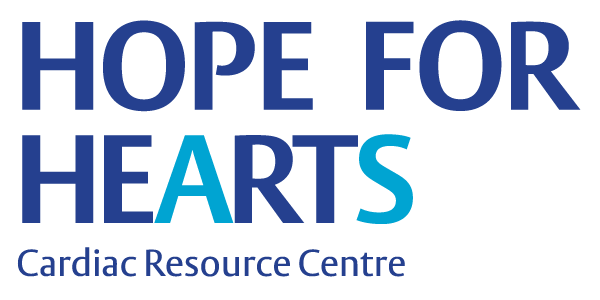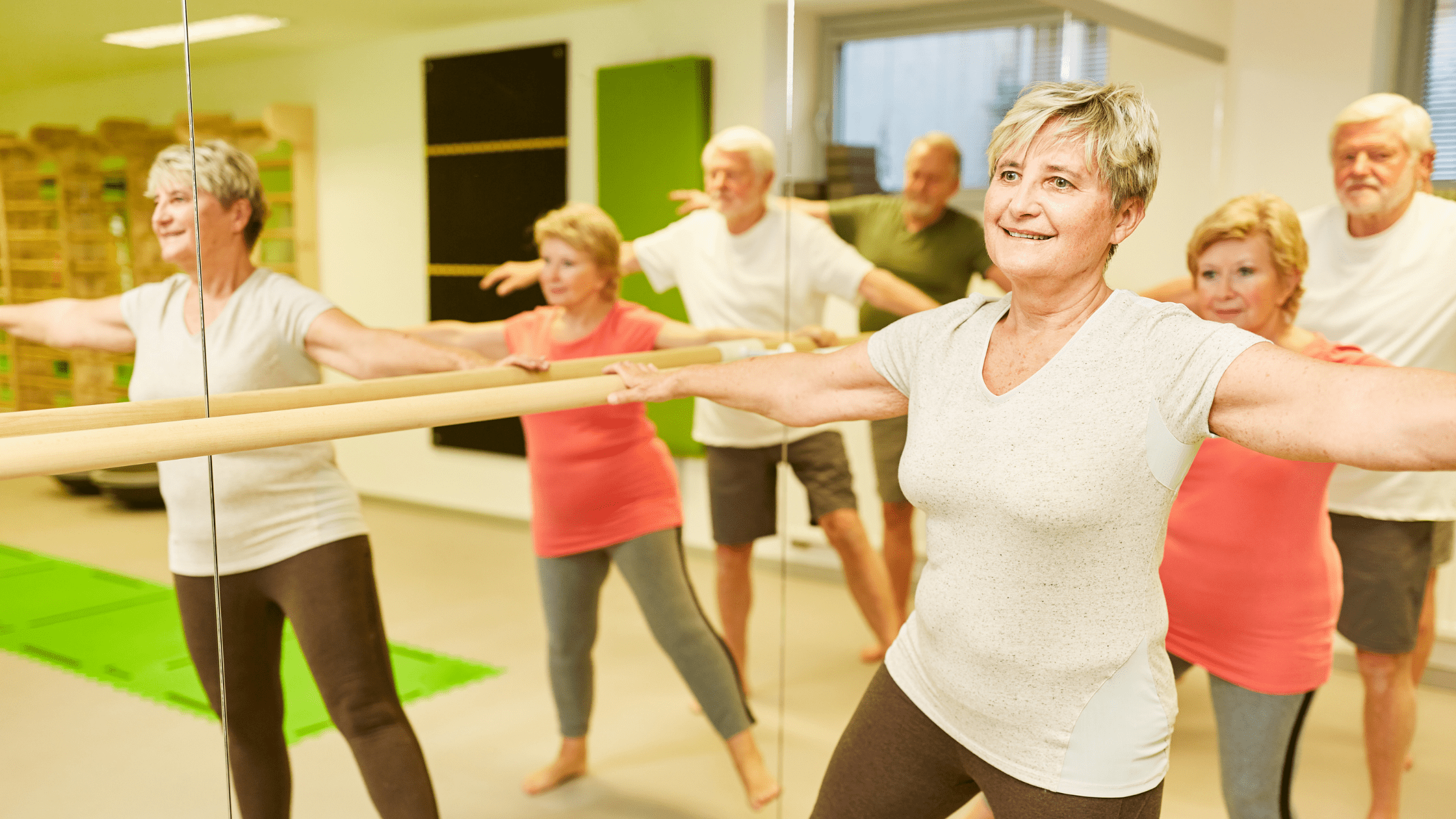Creating consistent movement activities that work for you
During times of illness finding motivation to begin or continue physical exercise may seem difficult, as may be focus and concentration levels. Find what motivates your own resolution to succeed and to be well and live well.
Tennis great Arthur Ashe said, ‘To achieve greatness, start where you are, use what you have, do what you can.’ This is the same for any personal journey like recovering from surgery, illness or injury or living with heart disease. Find the support you need from loved ones, health care teams and your Doctor.
Whilst some heart health factors are not in your control such as age, ethnicity or family background, there are many lifestyle factors within your control. These include food consumption or nutritional support for weight management, adequate hydration, sleep patterns and movement or exercise.
The following are three considerations for your heart health and the benefits of physical exercise.
-
Physical exercise
Physical exercise is important for overall wellbeing and benefits the body and mind. Regular exercise may help control hormone levels, reduce inflammation and stress, improve memory and thinking and sleep patterns. Seek medical advice before starting any strenuous exercise, so that you have a structured and supervised program for cardiac rehabilitation. Exercise of the body and mind are beneficial at all ages and stages of development. Today, digital devices can also help you create and monitor your progress.
Nature has its own rhythmical dance with the ebbs and flows of the tides, the cycles of life, the constant change and the transformation of one way to another. Humans do too and it is important to acknowledge what you can do and what you want to achieve.
Self care is nurturing yourself. Try and find and manage time to be social, connect with family and friends, be creative, exercise, eat well, sleep, decrease stress, be expressive and open to learning; to support your physical, emotional, social and mental wellbeing.
-
Learning a new skill
Learning a new skill is cognitively beneficial and connectedness with others allows for mental, emotional, physical and social wellbeing. Find a group in your area that interests you. Whether it is an indoor or outdoor pursuit you are interested in there is an organisation or group you could join. Paint, Sew, Draw, Garden, Surf, Walk, Design, Build, Climb, Walk, Swim, Run, Sail, Dance, Study.
There are many local associations that may be able to use your expertise, knowledge or experience. Allow your gifts and talents to be noticed and used.
-
Move it. Move it.
You may have heard the phrase ‘move it’ and medical experts advocate it. Being physically fit is not a place to be, it is a way to be. Your body benefits from movement and it helps to improve physiological factors linked to cardiovascular health, such as blood pressure, regulation of blood sugar and cholesterol levels. Daily movement helps to strengthen muscles as well as improve balance, coordination, sensory processing, stability and cardio-respiratory endurance. Exercise assists to improve oxygen levels to the muscles, aids weight management and helps to strengthen the heart muscle.
Cardiac rehabilitation does not always have to occur after a significant health experience, it can be an ongoing lifestyle awareness. What is one thing you could do and be today, for a healthier you? Knowing and doing are two very different things. What is an action you could take today to make your heart health and personal goals a reality?
Disclaimer This information is general and not conclusive. Follow any guidelines and advice from your doctor or specialist, health care or multidisciplinary team, for your personalised patient centered needs and care. Inquire about a patient advocate group regarding your specific needs. Call 000 if you experience chest pain.
All information contained in this article has been derived from Hope for Hearts, a cardiac resource centre.
To find a GP or a Cardiologist near you, visit www.hopeforhearts.com.au
Connect the Docs www.connectthedocs.com.au is a medical marketing agency specialising in therapy awareness campaigns, educating medical professionals and patients about common conditions.

